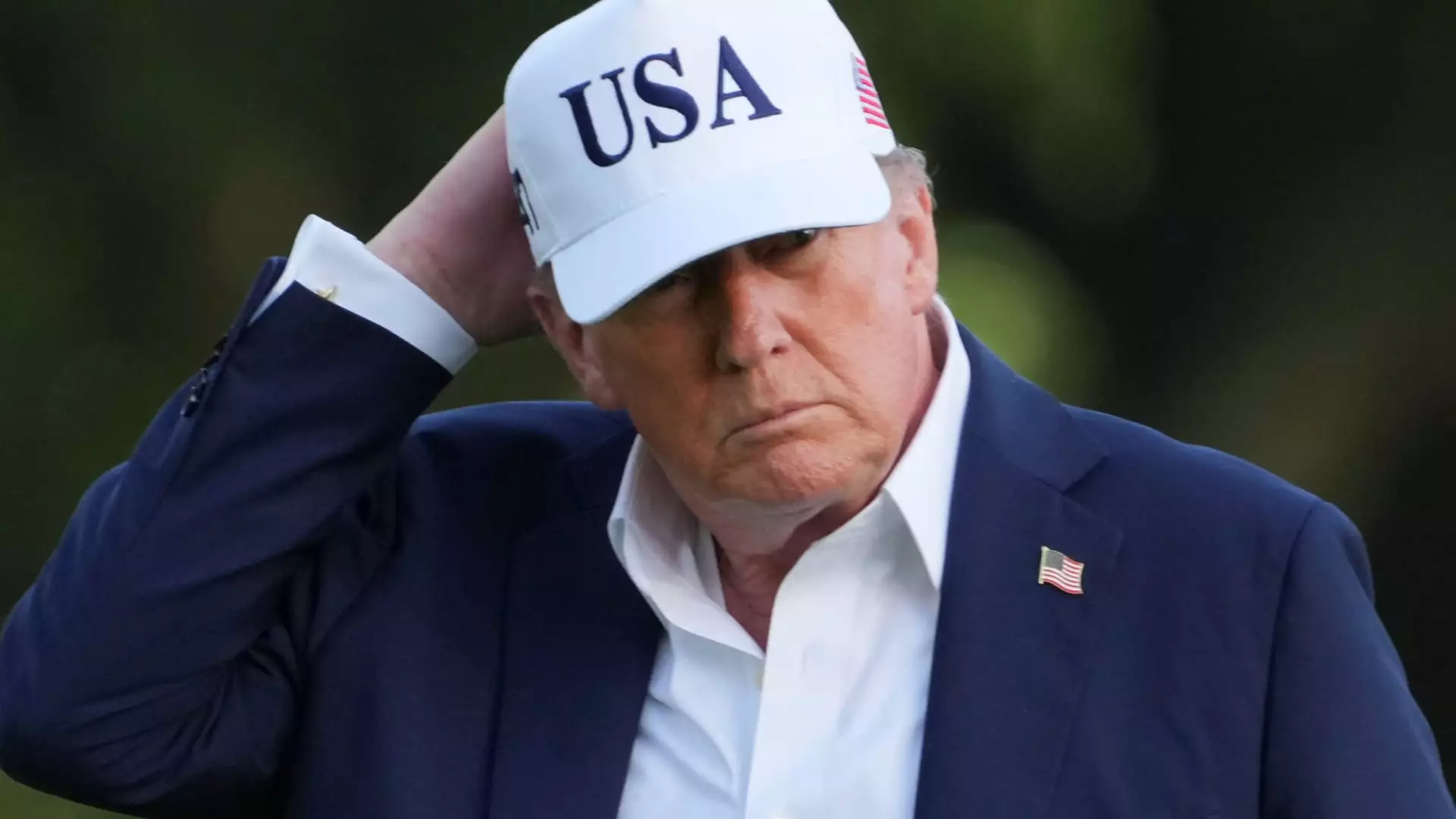The recent decision by the United States to impose sweeping tariffs of 25% on imports from Japan and South Korea marks a troubling step toward economic nationalism. While protecting domestic industries is a familiar rallying cry among certain political factions, this move signals a departure from the principles of balanced, mutually beneficial trade. It reveals a shortsighted approach that undervalues the intricate web of global commerce and the nuanced reality that tariffs are rarely the panacea they are portrayed to be. In fact, such aggressive protectionism risks unleashing a cascade of adverse effects that could ultimately hurt American consumers and weaken the very alliances that have historically supported stability in the Indo-Pacific region.
The Economic and Diplomatic Consequences of Tariffs
Tariffs are often justified with the superficial argument that they protect American jobs and counter unfair trading practices. However, this perspective ignores the complex dynamics at play. Targeting Japan and South Korea—two critical allies and technological powerhouses—is a gamble with far-reaching repercussions. Markets responded swiftly to the announcement, with major indices plunging on fears of escalation and economic retaliation. The Dow Jones, S&P 500, and Nasdaq all experienced downward momentum, signaling investor apprehension about the business climate and future trade relations. This reaction underscores that tariffs, especially when applied unilaterally and abruptly, can undermine economic stability and erode confidence not only in the stock market but also in the long-term reliability of U.S. trade policy.
Diplomatically, such tariffs threaten to sour relationships with essential allies. The letters sent to Japan and South Korea serve as a display of power rather than partnership. The language—warning of retaliatory tariffs and hinting at conditional reductions—can be seen as coercive. This risks turning allies into adversaries, prompting retaliatory measures that could include tariffs not only on goods but also on critical U.S. exports, thereby exacerbating economic tensions. The bottom line is that diplomacy rooted in mutual respect and dialogue produces more sustainable outcomes, but aggressive tariff threats perpetuate an environment of confrontation rather than cooperation.
Misguided Focus on Trade Deficits
Central to the rationale for these tariffs is the desire to reduce persistent U.S. trade deficits with Japan and South Korea. Yet, this focus is fundamentally flawed. The idea that trade deficits are inherently harmful is a misconception that ignores the broader economic picture. A deficit, in many cases, reflects strong consumer demand and capital inflows rather than economic weakness. Countries with substantial trade gaps can still have vibrant economies, low unemployment, and technological innovation.
By targeting deficits as an issue to be “corrected,” the U.S. risks conflating protectionism with economic health. The deficits with Japan and South Korea—$68.5 billion and $66 billion respectively—are significant but not necessarily indicative of harmful practices. Instead, these figures reflect the global supply chains that favor specialization and efficiency. Disrupting these arrangements may produce short-term gains for certain sectors but will overall diminish the competitive edge of American companies, inflate prices for consumers, and slow technological advancement.
The Fallacy of Ultimatums and Conditional Diplomacy
The letters accompanying the tariffs contain conditional language that seeks to threaten and manipulate allied nations into compliance. Referencing the possibility of adjusting tariffs up or down based on “trade relationship” is reminiscent of bullying tactics rather than diplomatic negotiation. Such an approach disregards the importance of building partnerships based on mutual benefit and respect. It also presumes that alliances can be coerced into submission, which ignores the reality that long-term cooperation must be rooted in fairness rather than fear.
Furthermore, the implicit threat of escalating tariffs if Japan or South Korea retaliate only fuels tensions. Trade policy that hinges on intimidating allies compromises trust and invites an unstable cycle of retaliation. Instead of fostering a spirit of dialogue, these tactics sow discord, which can ultimately diminish U.S. influence and strategic interests in a volatile region. It’s a shortsighted strategy that neglects the importance of sustained diplomatic engagement and the recognition that collaborative solutions are more durable than unilateral blows.
The Danger of Economic Isolationism in a Globalized World
Protectionist policies like these tariffs are a step backward in a world that is increasingly interconnected. The assertion that tariffs are necessary to address “persistent trade deficits” simplifies an inherently complex global economy. The U.S., Japan, and South Korea are entwined through complex supply chains, technological exchanges, and shared geopolitical interests. Disrupting these channels in pursuit of a narrow objective risks undermining innovation, raising consumer costs, and destabilizing regional security.
Moreover, championing tariff policies under the guise of restoring American economic greatness neglects the realities of economic interdependence. In the long run, resilient economies are built not by erecting tariffs but by investing in communities, education, and technology that create robust, self-sufficient industries. The current approach demonstrates a regressive view that protectionism can serve as a silver bullet, when in reality it often exacerbates the very vulnerabilities policymakers claim to want to fix.
By embracing a more centrist, pragmatic stance—one that recognizes the value of fair trade agreements, diplomatic dialogue, and mutual economic growth—America can better position itself for sustained prosperity. The reckless imposition of tariffs, regardless of immediate political capital, threatens to undo decades of progress towards a more open and cooperative international economic order.

Leave a Reply